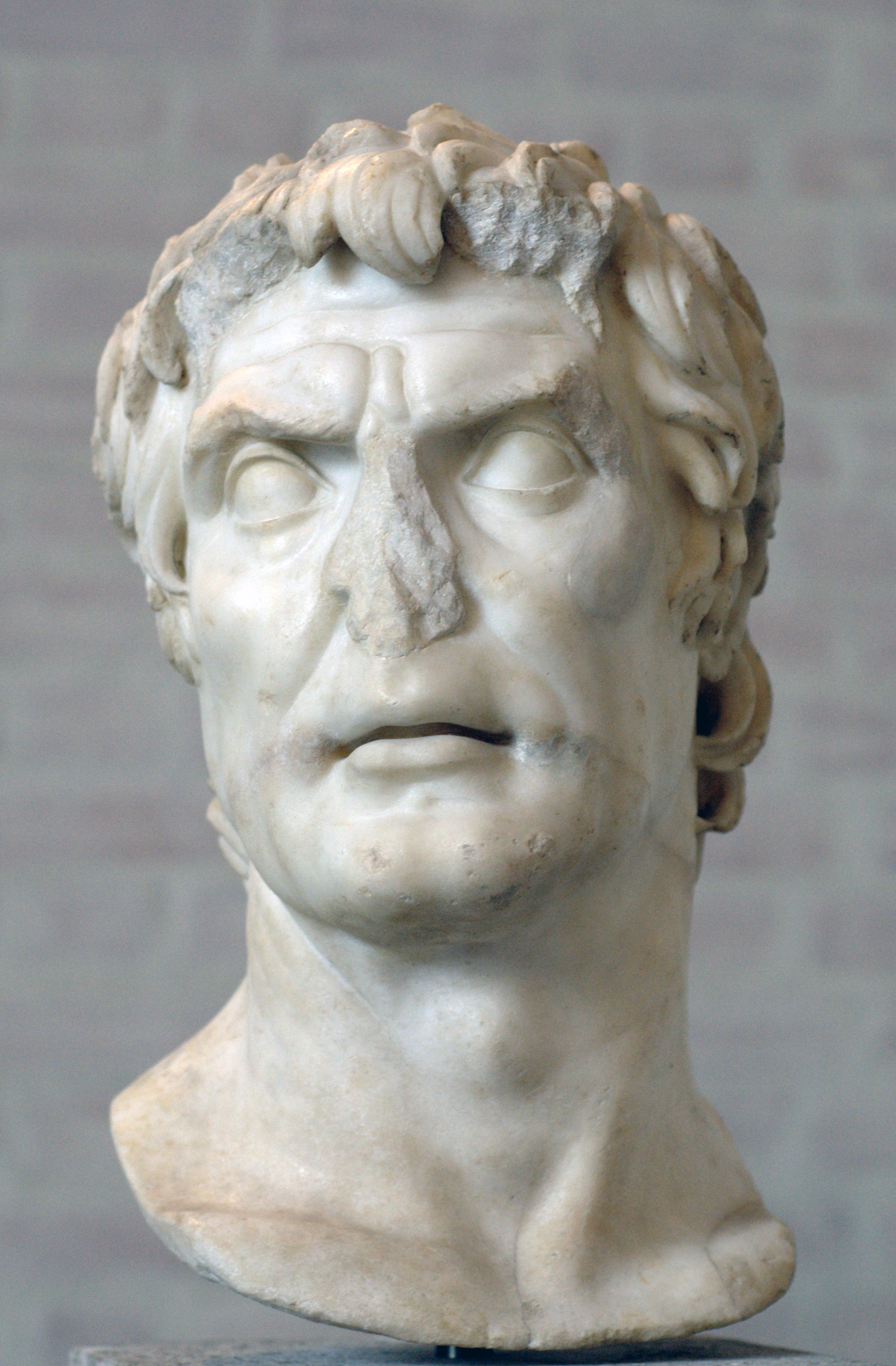Frases célebres de Sila
“No hay de que preocuparse, sólo se están cumpliendo mis órdenes.”
Al Senado mientras que más de tres mil hombres estaban siendo masacrados.
Atribuidas
Fuente: Tom Holland, Rubicón: Auge y caída de la República romana.
“Hay que ser remero antes de empuñar el gobernalle.”
Citando a Teófanes, al recibir la cabeza del joven cónsul Mario.
Verificadas
Fuente: Apiano, Guerras civiles, 1.
Sila: Frases en inglés
“How is this? Ought not the petitioner to speak first, and the conqueror to listen in silence?”
To Mithridates VI of Pontus, at a peace conference, as quoted in " Sylla http://classics.mit.edu/Plutarch/sylla.html" by Plutarch in Plutarch's Lives as translated by John Dryden
“I forgive the many for the sake of the few, the living for the dead.”
On calling an end to the sacking of Athens, after a plea on its behalf by two Athenians loyal to Rome, as quoted in The Story of Rome : From the Earliest Times to the Death of Augustus (1900) by Mary Macgregor; also said to be in a translation of Plutarch's works.
“He ought to have worked at the oar before steering the vessel.”
Upon being handed the head of his enemy Gaius Marius the Younger http://www.perseus.tufts.edu/hopper/text?doc=Perseus%3Atext%3A1999.04.0104%3Aalphabetic+letter%3DM%3Aentry+group%3D10%3Aentry%3Dmarius-bio-2 (Also translated as: "First you must learn to pull an oar, only then can you take the helm")
“No friend ever served me, and no enemy ever wronged me, whom I have not repaid in full.”
His self-made epitaph, as quoted in Heroes of History : A Brief History of Civilization from Ancient Times to the Dawn of the Modern Age (2001) by Will Durant; variant translation: "...nor enemy harmed me"
